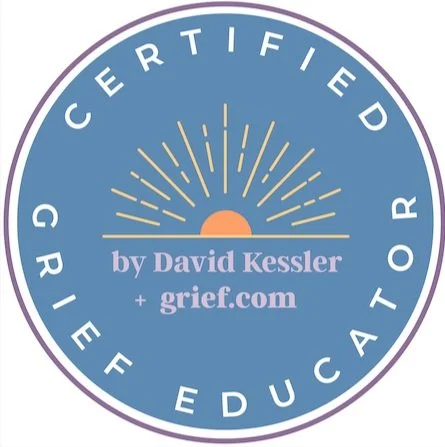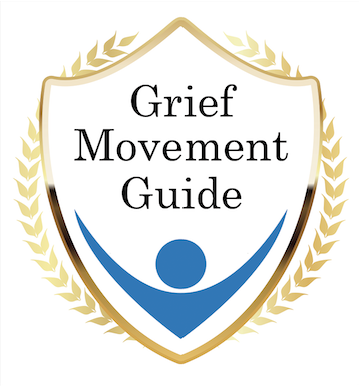Melanie is a registered member, in good standing, with the Ontario College of Social Workers and Social Service Workers (OCSWSSW) and the Ontario Association of Social Workers (OASW). Melanie has a Bachelor of Science in Psychology from Trent University, a Bachelor of Social Work from the University of Windsor, and a Master of Social Work from the University of Windsor.
Melanie has spent 20 years working in the not-for-profit sector, specializing in childhood abuse/neglect, domestic and intimate partner violence, drug and alcohol addiction, anxiety, and grief/loss. She joined Hiseler, Kelly & Associates in 2023, and continues to specialize in these areas.
There are strong links between trauma, anxiety, depression, low self-esteem, disordered eating, and drug/alcohol addiction. Grief and loss are typically at the core of these—and there are so many losses. To name a few (but not all): loss of innocence/trust/safety from childhood abuse/neglect; death of a loved one; death by suicide; pet loss; perinatal; anticipatory grief; ambiguous and disenfranchised loss; separation/divorce; romantic break-up; friendship break-up; relocation; retirement; disappointments and lost dreams/expectations. Losses begin in our childhood and continue across the lifespan, giving them an accumulative effect. Each loss leaves us a little less resilient. Unfortunately, we live in a grief-illiterate society where many changes and lost expectations go unrecognized and unacknowledged. For this reason, people often think they shouldn’t feel as upset as they do—leaving grief and trauma unhealed.
In order to heal, grief and trauma must be witnessed. As an introvert, Melanie is by nature a good listener, observer, soft-spoken and empathic. She provides a safe, nonjudgmental space for witnessing your grief and trauma. Your psychological and emotional safety is of utmost importance to Melanie. She strives to be trauma/polyvagal-informed and anti-oppressive in all facets of her practice. She puts a lot of thought into creating a calm, inclusive and welcoming environment for everyone she works with. Melanie’s collaborative style can help you identify what you really want and uncover your strengths, skills, abilities and inner wisdom needed to create a desirable and fulfilling life.
Melanie has extensive and formal training in the following evidence-based, trauma/polyvagal-informed approaches: Cognitive Behavioral Therapy (CBT); Cognitive Processing Therapy (CPT); Clinical Hypnosis; Emotional Freedom Techniques (EFT tapping); Motivational Interviewing; Narrative Therapy; Solution-Focused Therapy. Melanie is also a Certified Grief Educator and Certified Grief Movement Guide.
Melanie has extensive training in several brief therapy approaches. She established single-session and walk-in services for community agencies in Peterborough and Durham Region. She has shared her brief therapy expertise as a presenter in global conferences and as a contributing author in a chapter book. You might find her brief therapy training helpful if you have limited coverage through workplace benefits/insurance.


